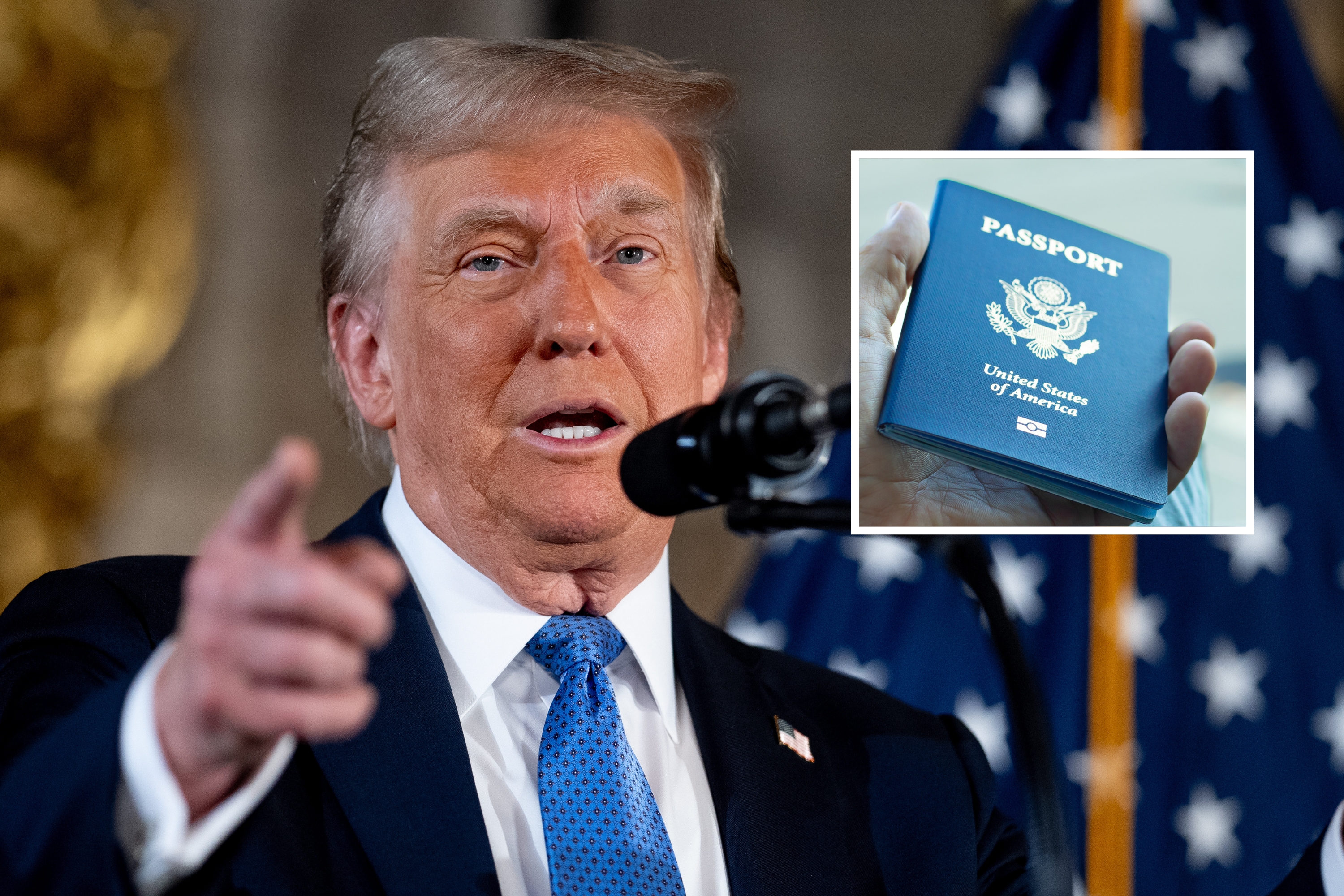The Centers for Disease Control and Prevention (CDC) has announced the United States' first severe human case of bird flu in an individual from southwest Louisiana, the 61st person to be infected with the virus this year.
Avian influenza A (H5N1) — otherwise known as bird flu — is a virus that used to be very rare and very deadly in humans but has mutated in recent years to infect more species with, in general, milder symptoms.
"Bird flu is a group of influenza viruses that primarily circulate among bird populations," Rebecca Christofferson, associate professor of veterinary diseases at the Louisiana State University, told Newsweek. "However, influenza viruses are also known to jump species, and bird flu has done this a few times in history."
Since this year's outbreak of bird flu began, the disease has infected wild birds, poultry, cattle, pigs and humans—however, no people have caught the disease from other people yet.
Where did human bird flu cases come from?
According to the CDC, 37 of the human cases of bird flu in the U.S. came from exposure to cows, 21 came from poultry farms, two came from unknown sources and this new case, in Louisiana, happened after exposure to wild birds.
A CDC statement released on Wednesday said: "While an investigation into the source of the infection in Louisiana is ongoing, it has been determined that the patient had exposure to sick and dead birds in backyard flocks.
"This is the first case of H5N1 bird flu in the U.S. that has been linked to exposure to a backyard flock."

Christofferson said that she was personally surprised that the virus had taken so long to infect a Louisiana resident.
What is the risk of another pandemic?
"We are smack dab in the middle of the Mississippi Flyway, which hosts lots of birds in migration," she said. "While I'm not panicking, I do think it is wise to remain vigilant and our state authorities have done a great job of keeping their fingers on the pulse of this issue.
"I do worry about it spreading, though, because diseases—and birds for that matter—do not pay attention to borders."
Some scientists are concerned that bird flu could become a pandemic if it were to mutate further.
"The more the virus gets into mammals and then the more it passes from mammal to mammal, there is concern that it will adapt to mammals and spread more easily among them, and then spillover into humans," said Christofferson. "The worry is that if this did happen more regularly, we could see this sort of adaptation which could result in much more efficient person-to-person transmission and possibly virulence.
"Nobody wants another pandemic. It was fun for no one."
Symptoms of bird flu in humans may can range from mild, such as pink eye, to severe respiratory disease requiring hospitalization.
"The good news is that it is easy to protect yourself," said Christofferson. "The risk to the public remains low. We are recommending people who are in contact with birds or suspected ill animals, either through work, recreation, or that have backyard chickens, take precautions.
"Wearing gloves and masks and washing your hands will protect you, as it does with other respiratory viruses."
Is there a health problem that's worrying you? Do you have a question about bird flu? Let us know via health@newsweek.com. We can ask experts for advice and your story could be featured in Newsweek.




















 English (US) ·
English (US) ·